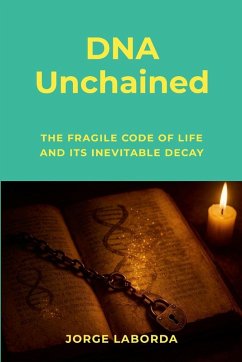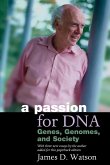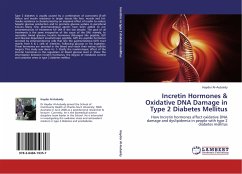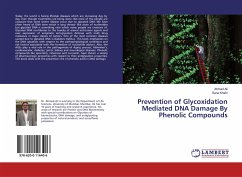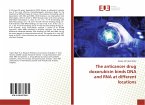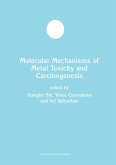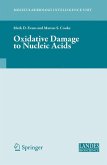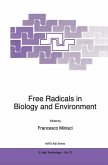Why Life Ages-and Why It Must. Every living being carries within its cells an instruction manual made of DNA: a precise sequence of chemical letters that holds the blueprint for life itself. But what happens when that manual begins to fade-letter by letter, line by line? And what if this quiet erosion is the very reason we age and die? In The Fragile Code: DNA unchained: The fragile code of life and its inevitable decay, Aging, and the Chemistry of Life, biochemist and science communicator Jorge Laborda guides readers through an illuminating exploration of life's most fundamental molecule. With clarity, wit, and a gift for metaphor, Laborda reveals how DNA is not just a static code, but a vulnerable and ever-changing script-written in delicate molecules that must survive in the watery, oxygen-rich environment that life demands. Blending molecular biology with philosophical insight, this book argues that aging is not simply the result of wear and tear or thermodynamic decay, but rather the unavoidable outcome of chemistry acting upon information. DNA, despite sophisticated repair mechanisms, gradually loses its fidelity over time. The slow corruption of genetic data, one unrepairable lesion at a time, leads cells to falter, organs to fail, and life to end. Accessible yet scientifically rigorous, DNA unchained weaves together discoveries in DNA chemistry, genetics, epigenetics, and aging research. Along the way, readers learn how deamination, depurination, oxidative stress, and other chemical forces shape our biological destiny-and why, even in the best of circumstances, our cellular machinery is doomed to fail. But this book also reaches further. It proposes that the biochemical logic governing DNA on Earth may be universal: any life form, anywhere in the cosmos, that must store and copy information in an aqueous medium will likely rely on molecules similar to our own. The chemistry of life may thus impose a narrow path-not only for life's emergence, but also for its decline. This is a book for anyone curious about why life cannot escape death-and what that might tell us about life everywhere.
Bitte wählen Sie Ihr Anliegen aus.
Rechnungen
Retourenschein anfordern
Bestellstatus
Storno

